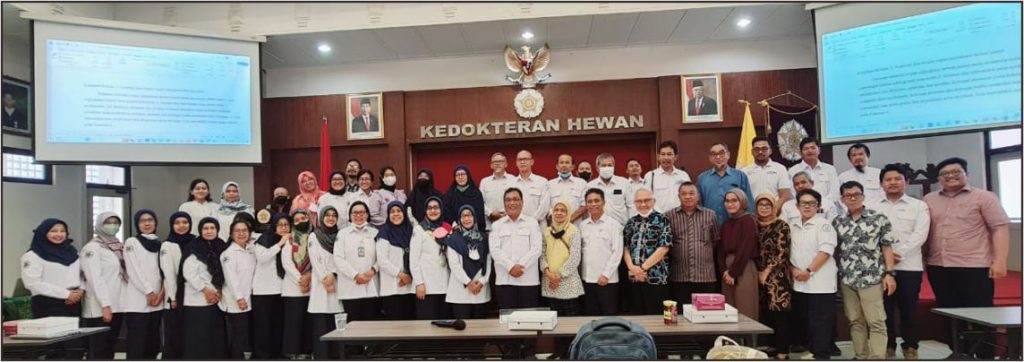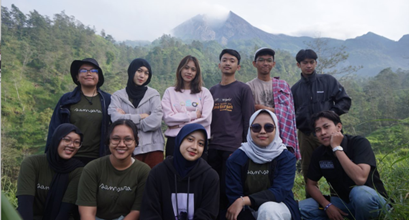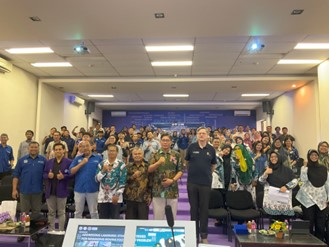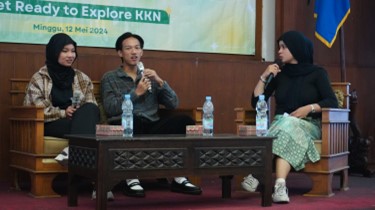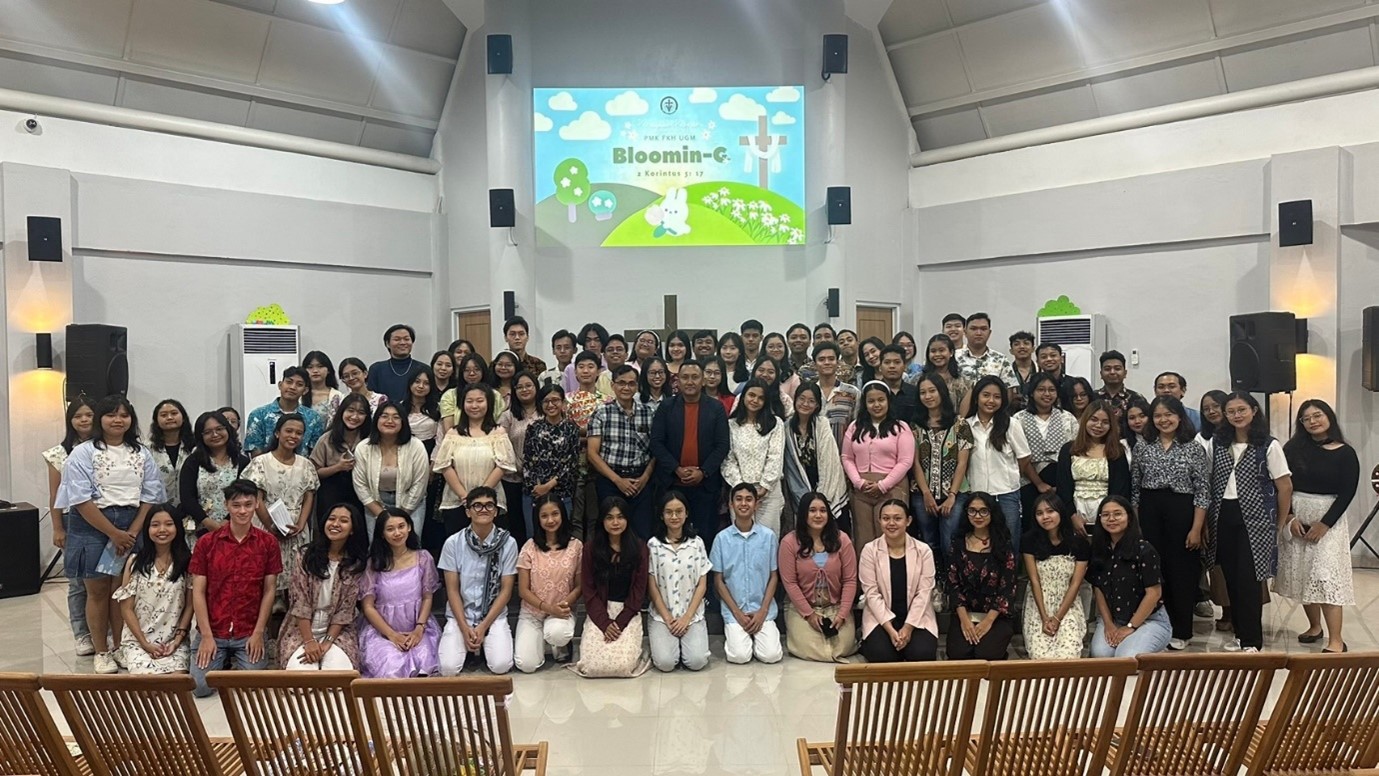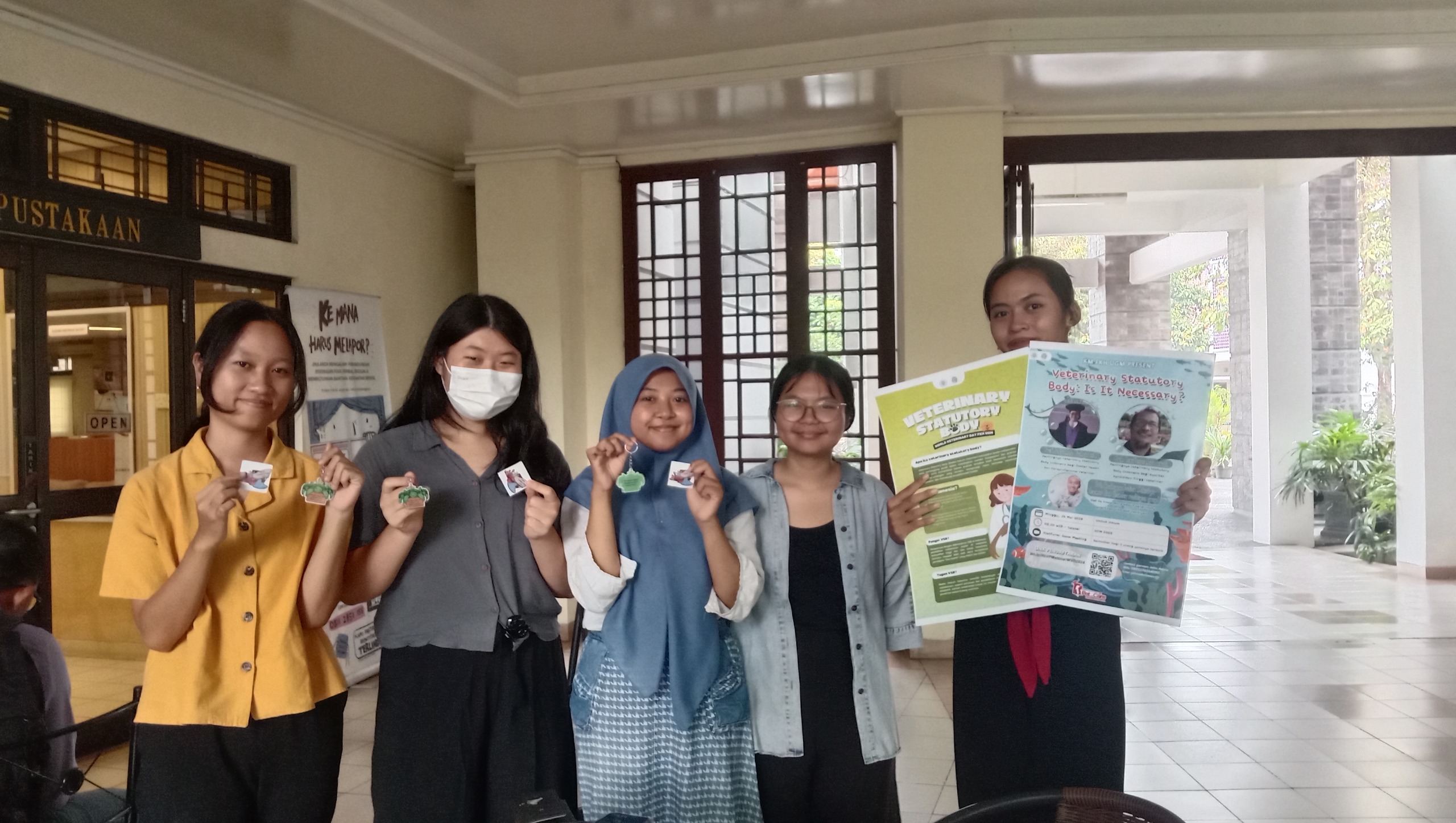Learning modules are one of the important elements in teaching and learning activities. The use of the module itself should be appropriate and in accordance with the applicable Semester Learning Program and Activity Plan (Module Handbook). As stated in PERMENDIKBUDRISTEK NO. 53 OF 2023 CONCERNING QUALITY ASSURANCE OF HIGHER EDUCATION, learning in the UGM Veterinary Medicine Bachelor’s program must be based on a case-based or project-based method. Therefore, a workshop was held on Monday, October 9 2023 to align the learning modules that will be used during the teaching learning activity in the classroom. This event is held from 09.30 – 13.00 WIB.
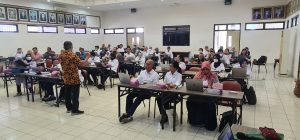
The spokesperson of this workshop is from the Center for Innovation and Academic Studies UGM, Dr. Irwan Endrayanto Aluicius S.Si., M.Sc. On this occasion, he delivered material regarding the basis of changes to the teaching module, and Learning Design using the Case Study Method or Project Based Learning.
The event was opened directly by the Deputy Dean I for Academic and Student Affairs, FKH UGM, Drh. Agung Budiyanto, M.P., Ph.D., and attended by all FKH UGM lecturers. Even with limited time, the workshop ran smoothly. After completing the presentation of the material, a discussion and QnA session was held with the workshop participants. After that, the template for the new learning module is presented so that each course can apply it well.
The innovation of creating new learning modules is hopefully able to make the knowledge, materials or references studied more easily accessible to all students. One of the criteria for the learning implementation process is to create a learning atmosphere that is fun, inclusive, collaborative, creative and effective; provide equal learning opportunities without distinction between educational, social, economic, cultural, language backgrounds, student admission, and students’ special needs, as well as providing learning flexibility for students.
Making this learning module is an effort to improve the quality of education, especially in the field of veterinary science. It is possible that this learning module can be used to provide more compact and structured knowledge to the wider community.
Author: Dea Dwi Novita

